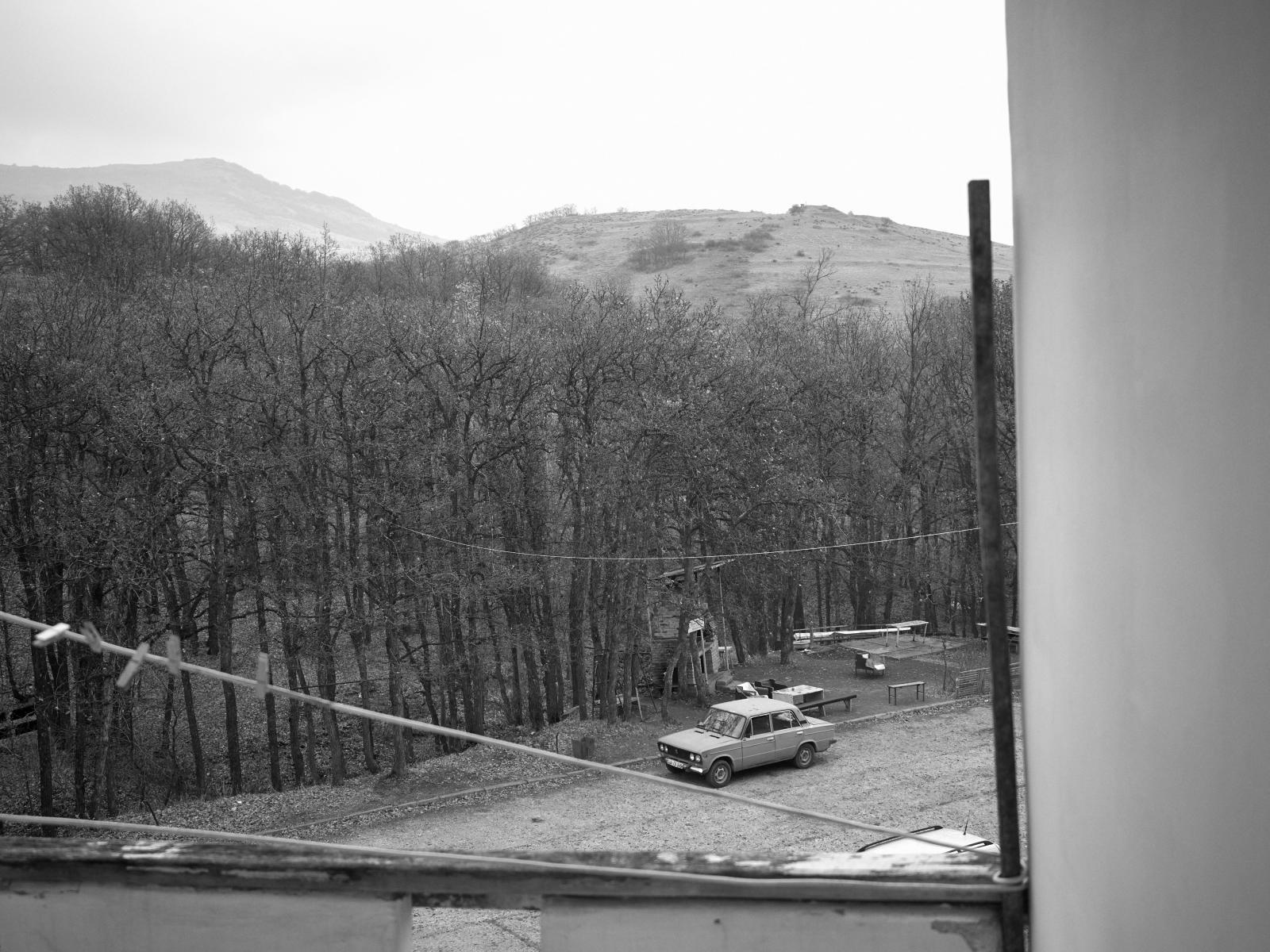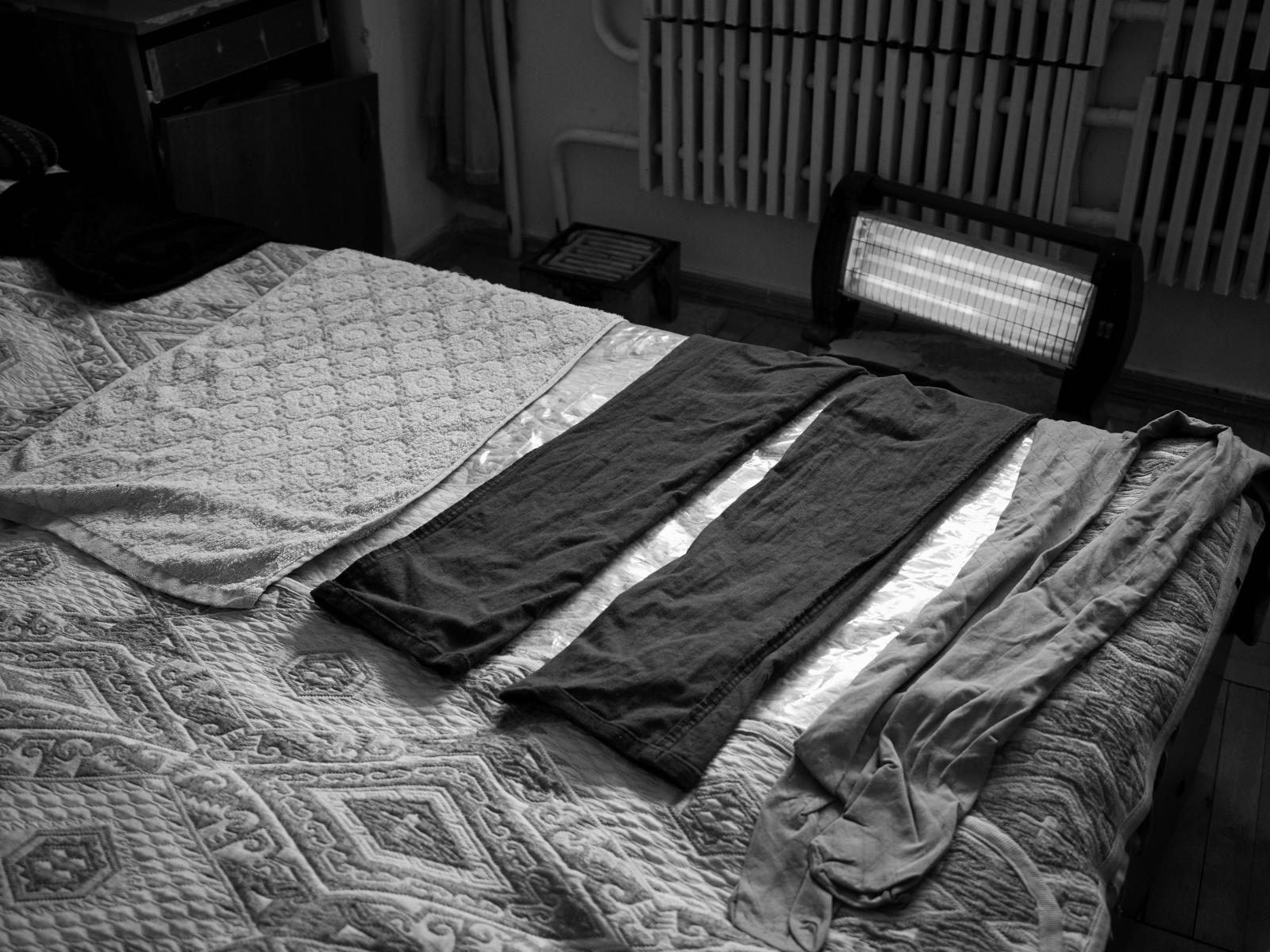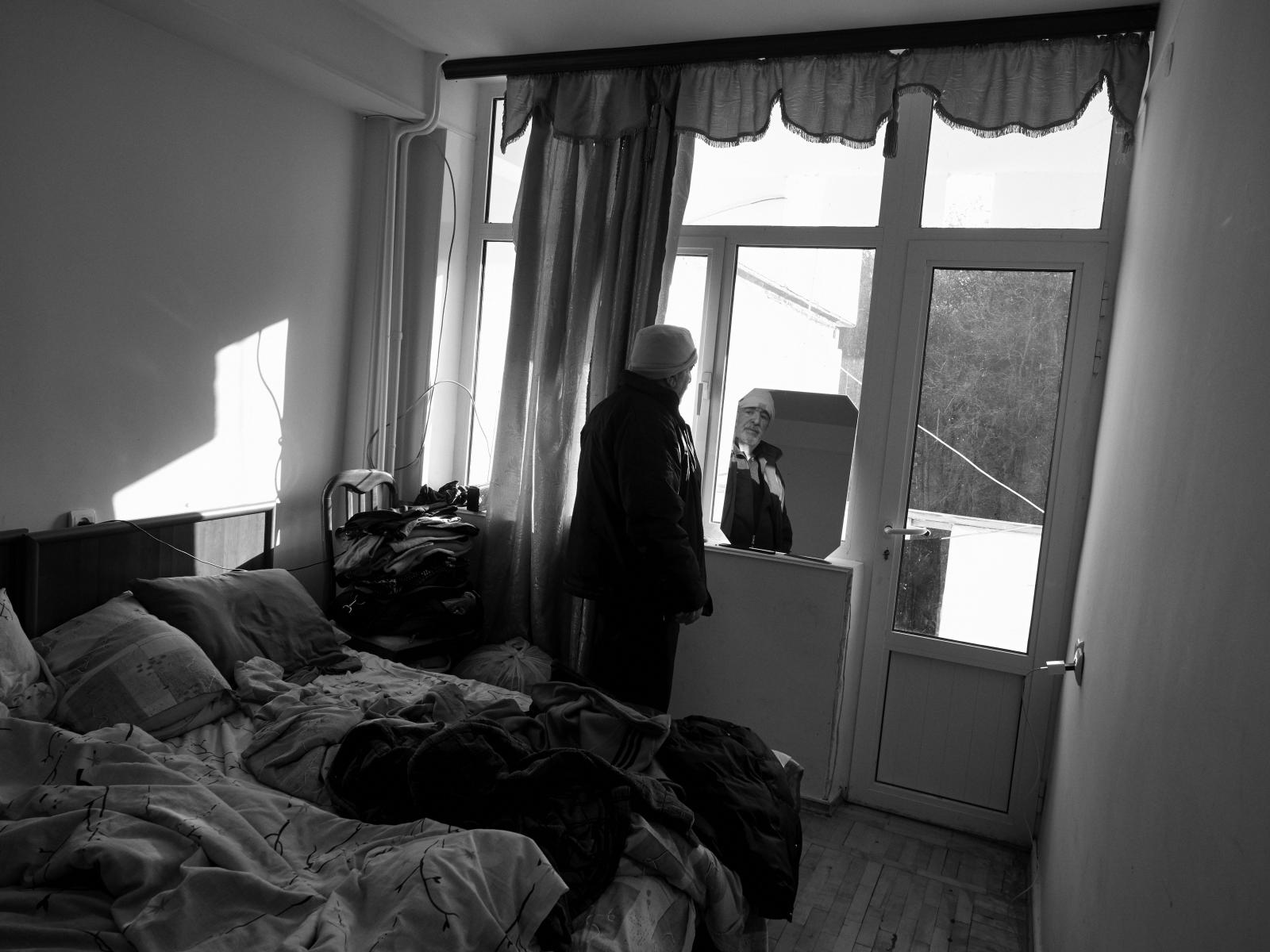During the war in Nagorno Karabakh in 2020 tenths of thousands of people fleed the region. Once the war was over lots of them lost their homes while others went back to their villages now a few kilometres from the enemy. On social media, there are posts that celebrate the loved ones who died during the war and pictures of kids in military clothes. After documenting the life of the refugees from Nagorno Karabakh during the conflict, I want to go back to document how the losses that they went through is affecting them and their chances to think of a life without war.
A story that started with a war. People fleeing their houses, often just at the very last minute. After a month of hopeful uncertainty, the war ends. With the help of Turkey's military power and technology, Azerbaijan gets the upper hand during the conflict and Russia puts pressure on the Armenian and Artsakh government to accept a ceasefire. The Republic of Artsakh surrenders and a big part of the Nagorno Karabakh region is suddenly under Azarbaijan control. Once the war was over only disbelief remained, losing had never been considered as a possibility, and resentment grew within the population.
This project started with the documentation of the life of the refugees from Nagorno Karabakh in Armenia while they reeled from their trauma. Now more than one year after the end of the conflict I want to go back to Armenia and Nagorno Karabakh and document the healing.
Reconstruction is a process that takes time, effort and understanding – both on a material level and on a psychological one. But what happens when fear, pain and resentment creep alongside recovery?
Mothers, who I photographed and interviewed in 2020, during the past year posted on social media pictures of birthdays, family events, new homes and happiness, next to pictures of their dead husbands, their old homes and their 5-year-old sons dressed in military clothes.
Memory is what keep important elements of the past alive, but it’s also what often makes people unable to start over. Nagorno Karabakh has been a disputed territory since the middle ages. The conflict in 1991 started over the rightful ownership of those lands and the war in 2020 continued this territorial feud, changing once again the shape of the political map. Who lost their home and who is now living next to their sworn enemy is not going to forget and the desire for retribution won’t ever die but will be passed through generations, through wars, paralysing people in a neverending circle.
Going back I will document how, even in times of peace, the circle of hereditary conflict affects the people of Nagorno Karabakh, how that maintain alive the trauma and how that affects everyone’s chance for a real recovery and the possibility for the younger generations to break the circle of war they are trapped in.
Going back to Nagorno Karabakh, meeting the people that went through the war of 1991, telling their stories, looking at how that war influenced their lives and their decision and comparing them to the decisions and the lives of the people that went through the conflict of 2020 I will look for this repeating pattern to propose a starting point for a change.
Once the project is over, with the help of the NGO AGBU (Armenian General Benevolent Union) I will organize exhibitions and talks to address how the partial healing from these conflicts doesn’t only affect things on a material and psychological level but also on a cultural one.




















